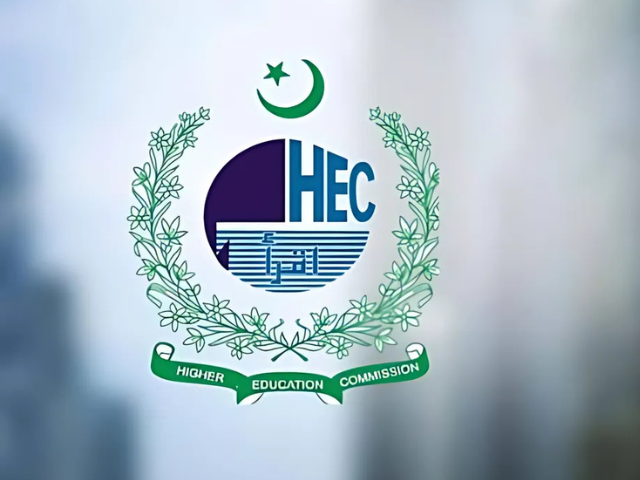HEC Revises Geology Degree Curricula
The revised geology degree curricula incorporate modern technologies such as artificial intelligence and geospatial analytics, bridging the gap between theoretical knowledge and practical applications.

In a bid to bring Pakistan's geology education up to par with international standards, the Higher Education Commission (HEC) has introduced a revised geology degree curriculum. This update aims to bridge the gap between theoretical knowledge and practical applications, ensuring that graduates are well-equipped to tackle the challenges of the modern world.
The revised curricula incorporate cutting-edge technologies such as artificial intelligence, computational modeling, and geospatial analytics. This integration is expected to enhance the learning experience, providing students with a comprehensive understanding of geology and its applications. By leveraging these modern tools, students will be able to analyze and interpret complex geological data, making them more competitive in the job market.
The introduction of the revised curricula is a significant step forward for geology education in Pakistan. By aligning with the latest advancements in the field, the HEC is ensuring that Pakistani geology graduates are on par with their international counterparts. This move is also expected to have a positive impact on the country's geological sector, as it will lead to an increased availability of skilled professionals who can contribute to the nation's economic development.
As the HEC continues to work towards improving the quality of education in Pakistan, the revised geology degree curricula are a testament to the commission's commitment to providing students with a world-class education. With this update, Pakistan's geology students can look forward to a more comprehensive and practical learning experience, one that will prepare them for successful careers in the field.